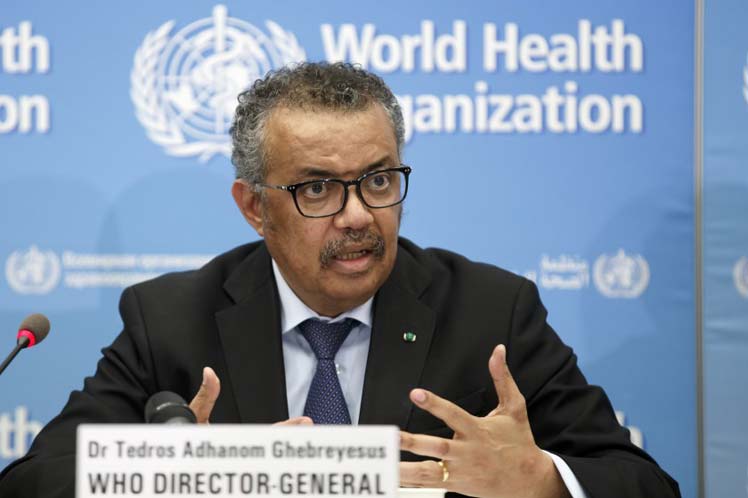Although 1.8 million deaths were registered in 2020, there were 3.5 million deceased in 2021 and we know that the real number is much higher, said the entity’s general director, Tedros Adhanom Ghebreyesus, at a press conference.
This is not to mention the millions of people who face the long-term consequences of the SARS-CoV-2 virus, which causes the disease, the authority stressed.
Populism, narrow nationalism and the hoarding of health tools, including masks, therapies, diagnostics and vaccines, by a small number of countries undermined equity and created ideal conditions for the emergence of new variants of the virus, he noted.
Misinformation, often spread by a small number of citizens, led to constant distraction, affecting science and confidence in life-saving health tools, the doctor said.
In the huge waves of cases currently seen in Europe and in many nations around the world, misinformation that led to doubt about vaccines is now resulting in the disproportionate deaths of unimmunized persons, Adhanom described.
However, WHO director general was optimistic that 2022 could be the year in which we not only end the acute phase of the pandemic, but also chart a path towards stronger health security, he stressed.
Based on successes and failures, we must not only share drugs more quickly and equitably, but also help states manufacture and distribute them to their entire population, he urged.
At the same time, access to new treatments should continue, said Adhanom, for whom this virus will continue to evolve and threaten health systems if the collective response does not improve.
ef/mem/znc










